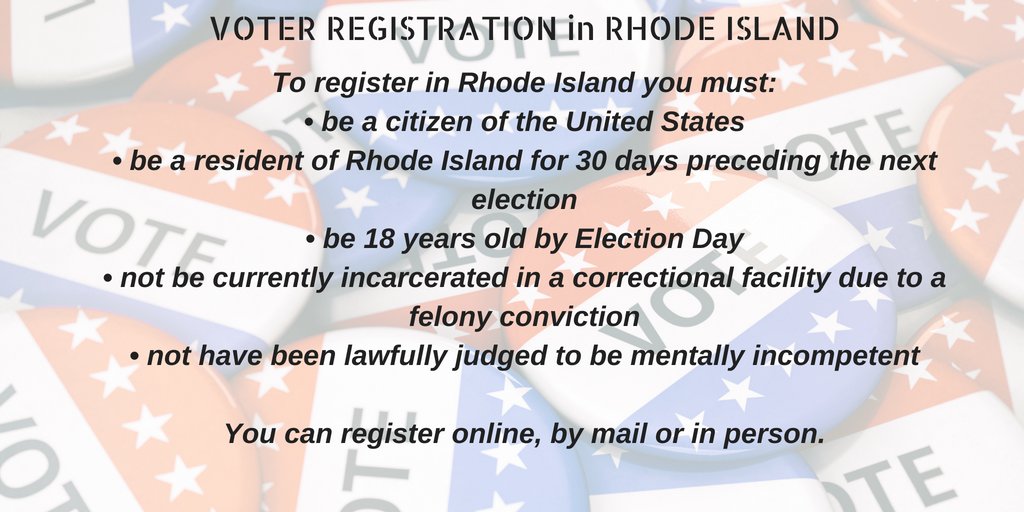Graeber/W pitching Fukuyama all embrac. style ag Fukuyama: what's the point?
Both wanna descr THE World Hist as 1 devel 🤪; G/W go on as if we're to forget #sociology & its #capitalism insights incl. Capit means A+SOME! qual diff ways of org society #Marx #Durkheim #Foucault
G/W explain inequality is dealth with regularly throughout hist: "Rather than idling in some primordial innocence, until the genie of inequality was somehow uncorked, our prehistoric ancestors seem to have successfully opened and shut the bottle on a regular basis..." Ok, fine
G/W conclude on the above : "If so, then the real question is not “what are the origins of social inequality?” but, having lived so much of our history moving back and forth between different political systems, “how did we get so stuck?”
Focus Q: "how did we get so stuck?"
G/W go on: "All this is very far from the notion of prehist societies drifting blindly tow. the instit. chains that bind them. It is also far from the dismal prophecies of Fukuyama, Diamond et al. where any “complex” form of social org nec means that tiny elites take charge.."
So, (aft conclud. ineq come/go in hist & Fukuyama+ r wrong on elites+ineq always come with complex forms of social org), My Qs are:
A) what's the point going prehist for THIS: “how did we get so stuck?”
B) why ignore #sociology #capitalism?
C) How pretend to come w new knowl?
WHY ignore all concrete bad/best social & democr devel in 20. cent: #NewDeal, #ScandinaviaWelfStates, #Africa, #China, #US/#EU past decades & ignore all the #sociology of 20. cent hist #Neoliberalism? As if that's all irrelevant to answer THIS: “how did we get so stuck?”
Entirely new knowledge/world history: "The pieces are all there to create an entirely different world history. For the most part, we’re just too blinded by our prejudices to see the implications."
- Really? Are we to think Fukuyama+ represented everyb on world history knowl?
Evidence: "For instance, almost everyone nowadays insists that partic dem, or social equality, can work in a small community or activist group, but cannot possibly “scale up” to anyth like a city, a region or a nation-state."
- So, alm everyone DON'T believe in democr, Really?
As G/W simply ignore all (positive) social democratic development in 20. century, they conclude this - AS IF there never existed any positive social democratic developments in any Nation: "Egalitarian cities, even regional confederacies, are historically quite commonplace."
So, to answer "how we got stuck? G/W lead us to Forget ab social inequality in nations and democracies, bec:
"Once the hist verdict is in, we will see that the most painful loss of human freedoms began at the small scale – the level of gender rels, age groups and dom servit."
Don't look to democracy to explain or for solutions:
"If we really want to understand how it first became acceptable for some to turn wealth into power, and for others to end up being told their needs and lives don’t count, it is here [on the small scale] that we should look."
We are clearly adviced to focus on the small scale (and to forget ab the good social & democratic developm that happened in 20. century on a national scale): "Here too, we predict, is where the most difficult work of creating a free society will have to take place."
Conclusion. G/W ignore all good and bad history of the social and democratic developments in the 20. century, while they focus on older and pre-history to answer the Q: "how we got so stuck?"
They advice us to forget national democracy then & now to liberate, improve things.
"Another bombshell: “civilisation” does not come as a package. The world’s first cities did not just emerge in a handful of locations, together with systems of centralised government and bureaucratic control." Who would've thought 🤣




